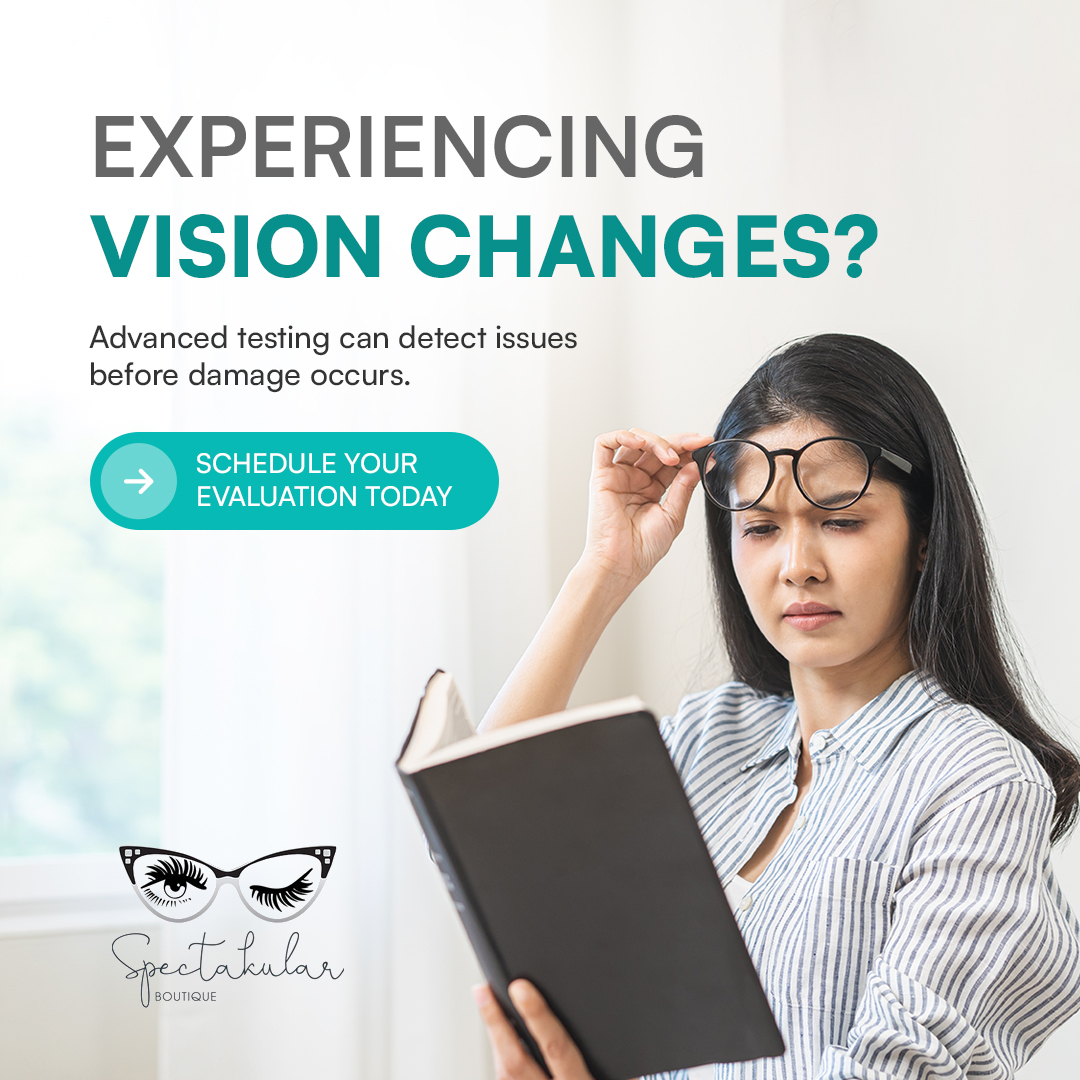
Spring and fall are often beautiful seasons, but for allergy sufferers, they can be miserable. While most people associate allergies with sneezing and a runny nose, the eyes often bear the brunt of the discomfort. Itchy, red, watery, and swollen eyes are common symptoms of seasonal allergies, and if left unmanaged, they can lead to chronic irritation or make underlying conditions like dry eye, blepharitis and meibomian gland dysfunction (MGD) worse.
How Allergies Affect the Eyes
Allergic conjunctivitis is a reaction that occurs when allergens such as pollen, dust mites, mold, or pet dander come into contact with the eyes. This exposure causes the immune system to release histamines, which trigger inflammation, redness, and itching.
You may also experience:
Watery eyes
Burning or stinging sensations
Swollen eyelids
Light sensitivity
A gritty or dry feeling
These symptoms not only disrupt daily activities but can also aggravate chronic eye conditions like blepharitis and MGD, especially when allergy-related inflammation blocks the normal oil secretion from the meibomian glands.
Finding Relief from Eye Allergies
Managing eye allergies starts with identifying and avoiding the triggers. Here are a few strategies:
Keep windows closed during high pollen seasons and use air purifiers indoors.
Wash hands and face regularly to remove allergens.
Use cold compresses to soothe puffy or irritated eyes.
Avoid rubbing your eyes, as it worsens inflammation.
Over-the-counter antihistamine eye drops may provide temporary relief.
Schedule an eye exam to ensure your symptoms aren’t linked to another condition.
If your eye discomfort persists despite these efforts, or if you’re dealing with chronic conditions like blepharitis or MGD, a more advanced solution may be necessary.
When to See Your Doctor
You should see your eye doctor if allergy-related symptoms persist despite using over-the-counter remedies or if your eyes become increasingly red, swollen, painful, or sensitive to light. Persistent irritation may indicate a more serious condition like dry eye disease, blepharitis, or an eye infection that requires professional treatment.
Additionally, if your vision becomes blurry or you experience frequent flare-ups during allergy season, a comprehensive eye exam can help identify underlying issues and determine the best course of care. Early diagnosis and intervention are key to protecting your eye health and comfort.
How IPL Can Help
Intense Pulsed Light (IPL) therapy is a non-invasive treatment that uses light energy to target inflammation and restore proper function to the meibomian glands, which are responsible for producing the oils that keep your tears from evaporating too quickly.
IPL can be especially beneficial if allergies have worsened your dry eye symptoms or triggered flare-ups of blepharitis. By reducing inflammation and stimulating oil production, IPL helps stabilize the tear film, decrease ocular irritation, and break the cycle of inflammation associated with allergy season.
Take the First Step Toward Relief at SpecTakular Boutique
Seasonal allergies can wreak havoc on your eyes, causing discomfort that impacts your daily life. But you don’t have to suffer through peak allergy season. With the right care including environmental management, soothing eye treatments, and advanced therapies like IPL, you can experience meaningful relief and protect your long-term eye health.
At SpecTakular Boutique, we offer personalized care and advanced treatment options to help you find lasting relief from allergy-related eye symptoms. Contact our office in Dawsonville, Georgia, by calling (706) 216-7732 to schedule an eye exam and discover the best solution for your eyes this season.





